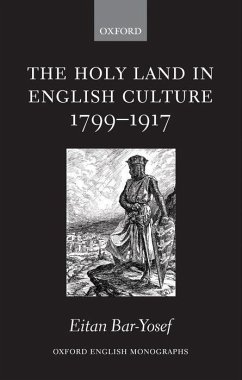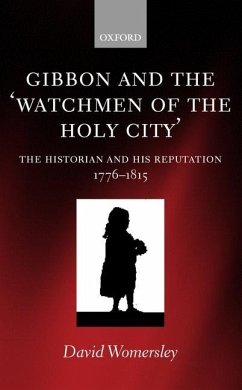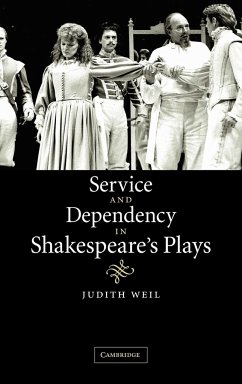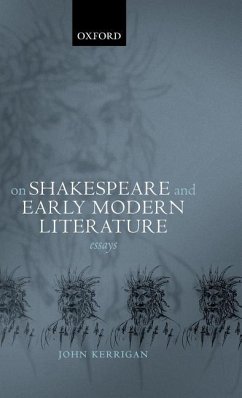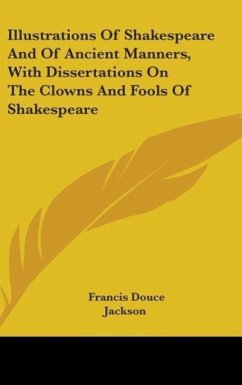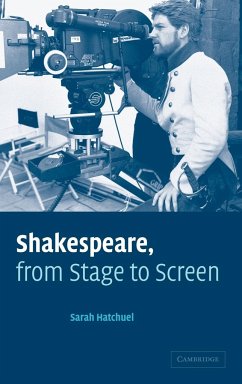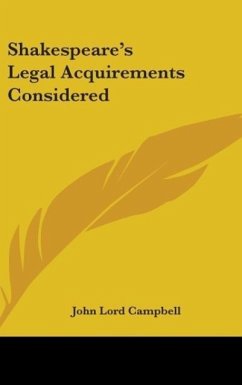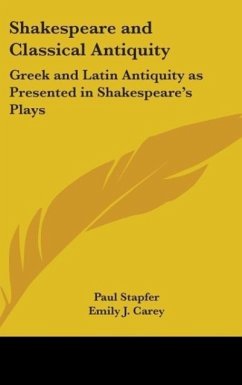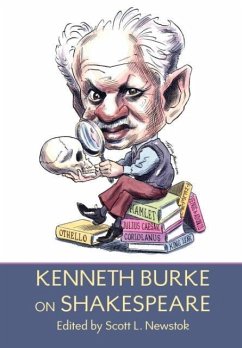Nicht lieferbar
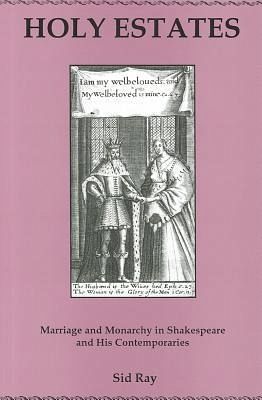
Holy Estates...
Marriage and Monarchy in Shakespeare and His Contemporaries
Versandkostenfrei!
Nicht lieferbar
This volume examines analogies between marital and political ideology in early modern culture, analyzing sixteenth- and seventeenth-century marriage tracts and the appropriation of their rhetoric by Shakespeare, Mary Wroth, Francis Beaumont and John Fletcher, and John Webster. Just as the marriage tracts draw explicitly on political metaphors to prescribe marital decorum, early modern political treatises adopt the language of the marriage tracts, using their construction of the family unit as a model for exercising power. on important, often subversive, meanings when they are redeployed in pro...
This volume examines analogies between marital and political ideology in early modern culture, analyzing sixteenth- and seventeenth-century marriage tracts and the appropriation of their rhetoric by Shakespeare, Mary Wroth, Francis Beaumont and John Fletcher, and John Webster. Just as the marriage tracts draw explicitly on political metaphors to prescribe marital decorum, early modern political treatises adopt the language of the marriage tracts, using their construction of the family unit as a model for exercising power. on important, often subversive, meanings when they are redeployed in prose fiction and drama. The woman's place within these marital and political discourses and how she fares within early modern domestic and political hierarchies are the book's primary concerns. Included here are detailed discussions of Wroth's Urania, Shakespeare's Taming of the Shrew, Titus Andronicus, Othello, and The Tempest, Beaumont and Fletcher's The Maid's Tragedy, and Webster's The Duchess of Malfi. Sid Ray is Associate Professor of English at Pace University in New York.




